When we travel we do so for many different reasons, to relax in a better climate, to frolic in the sea and to experience other lands and cultures.
There must be more cultural nuances as there are flags of each nation and a little foreknowledge can make your travels much more relaxed with this toe-dipping guide. Most national customs are apparent to the casual observer, yet others can be a bit odd and might take you by surprise. For our short journey into other nation’s idiosyncrasies, we stay within the continent of Europe. With the aid of the internet, most visitors are aware of the diversity of other countries. Therefore, this article will take a relaxed and upbeat view of subtle variances in our European neighbour’s cultures.
Let’s get started with the world’s most visited destination.
A simple Hello in France goes a long way
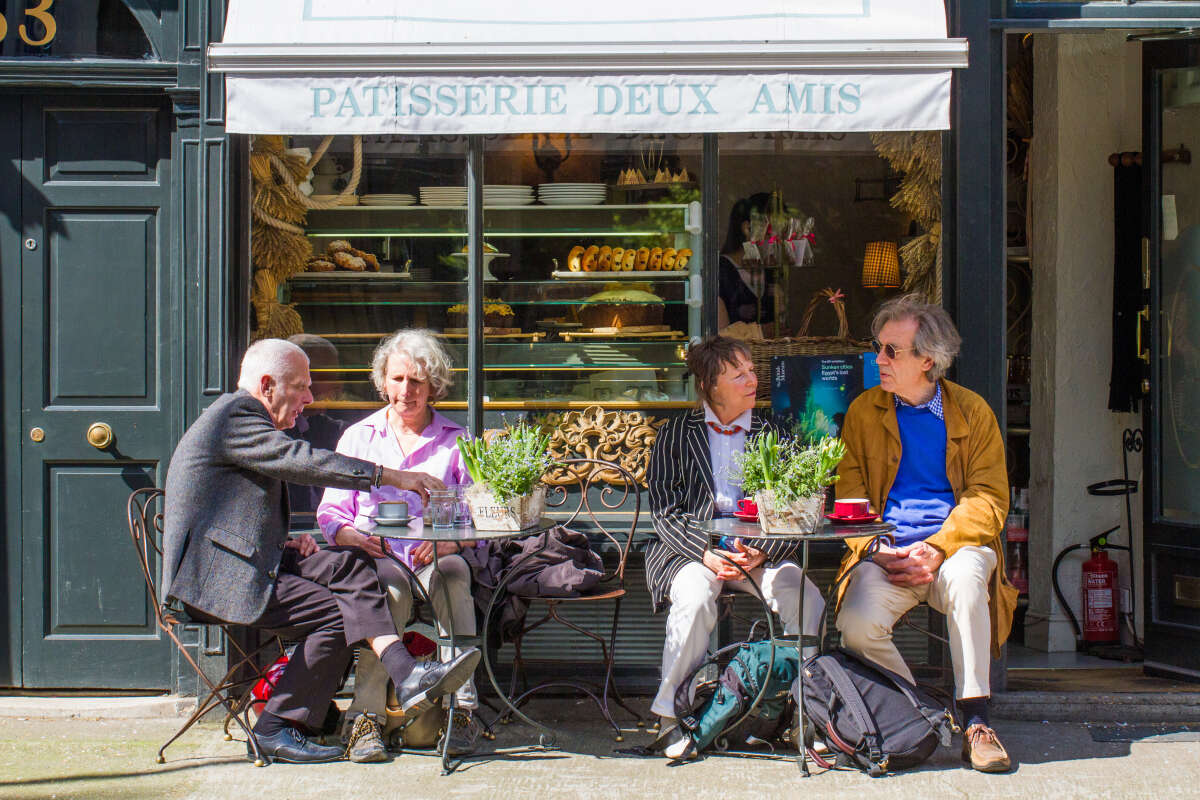
France. The French like greeting friends, family and strangers first with a hello, good morning, afternoon or evening. To disregard this briefest of introductions could end a conversation even before it begins. This everyday formality is part of their culture and required if you want to be heard. In our rush to speak and be understood in foreign climates we can sometimes jump to what we think is important, the part we want to say, it could be asking for directions or help or being served in a bar. This would be a mistake and I have been naïve to this too. Not starting with a simple hello can get you completely ignored. This may seem odd and insignificant detail, yet the French do take it seriously.
Another very subtle unspoken rule is the quiet time between noon and 2 pm, especially at ‘la weekend’. The French love a long lunch, usually 2 hours, and during this time it is best to keep the noise down. Germany has some rigid set of rules on the subject, but France will only send out notifications if a complaint is made. It is best to be aware and not upset the locals. I for one like these little values.
A Spanish Siesta is more than a catnap
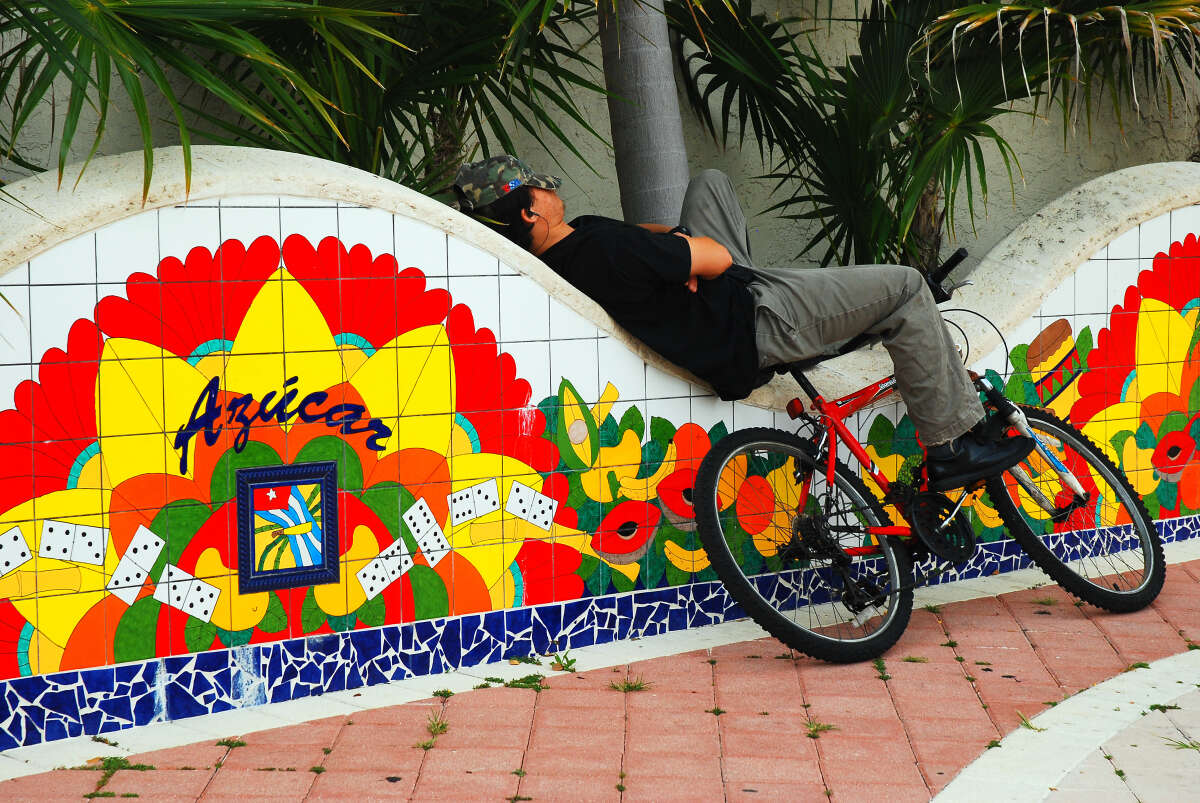
Spain has its Siesta where most shops will typically close between the hours of 1 – 4 pm. Some then reopen until 10 pm. Restaurants and bars have their own timing where they rest between 4 pm to around 8 or 9 pm for obvious reasons. However, the traditional Siesta is not what you think. While it is a time to rest for the majority, the younger Spaniards don’t have time in their modern air-conditioned office jobs. Traditionally this period of the day was avoided due to the hot summer conditions and therefore early mornings and evenings were the preferred time to work. It is not just a snooze break.
If you have or want to meet local friends, then you may be invited over for dinner or a weekend lunch. Most meals are served later, lunch can start as late as 2 pm, and dinner can be 9 pm or later.
This is a way of existing in life, and more than a culture which has adapted to a hot climate.
A word about Italian communications
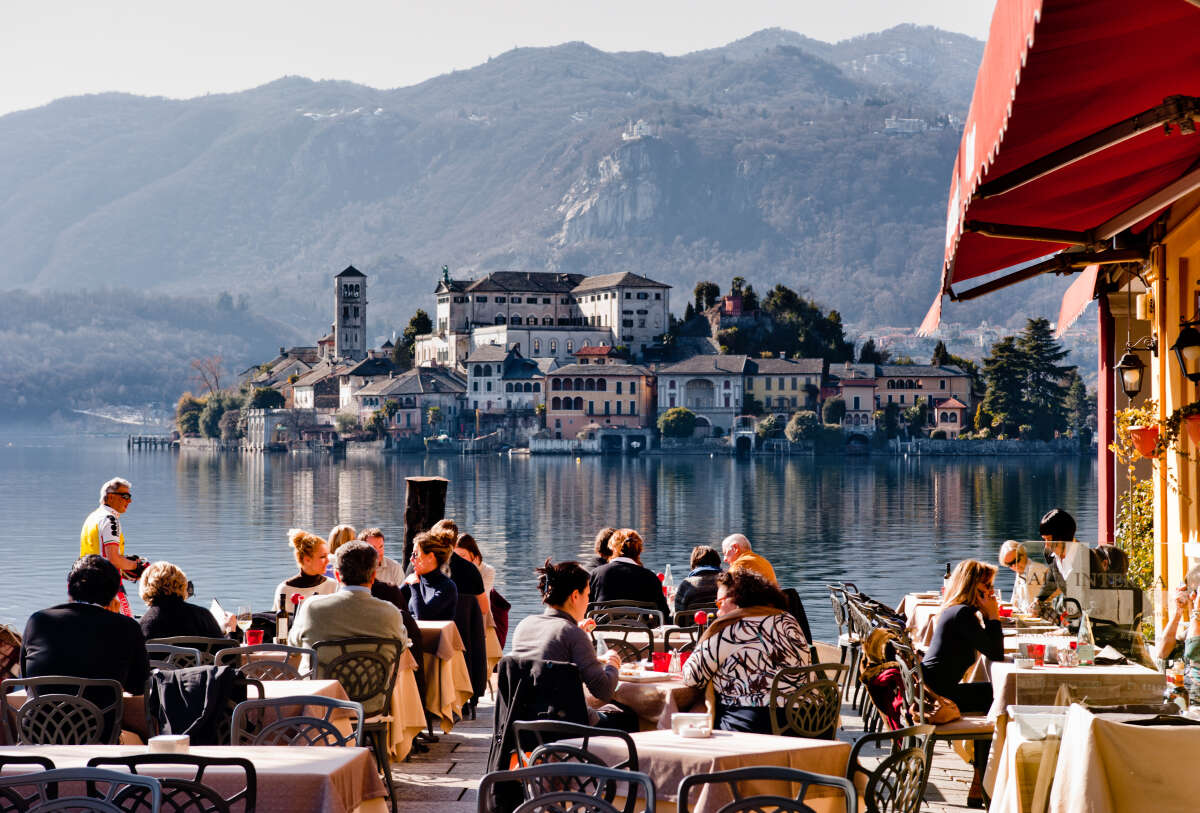
In Italy, the word ‘Ciao’ (pronounced ‘CHOW’ is the way I remember) is a little misjudged! Known the world over, everyone says it as a chic alternative to his or her own local greetings, however, what does it really mean? Hello and or goodbye most would say, yet it can literally mean “I’m your slave” or “I am at your service”. So, consider your greetings when travelling to Italy, to some it can mean something entirely different. Instead, you could try the greeting “Salve” which could save you a strange look or two.
Also, it is good to maintain eye contact when you speak to an Italian or they may think you have something to hide. They use hand and facial gesture which can take some getting used to if you are not similarly inclined.
Italy has a great many religious buildings which are open to the public, and it is essential you dress appropriately when visiting a church. Ladies may be asked to cover up legs and shoulders before entering a religious site, particularly at the Vatican.
Many shops are closed between 1 -4 pm, known as Riposo, the Italians take it seriously, it is a time to go home and rest or be with the family.
The Italians are friendly people, yet it is always wise to study those who live in hot countries. You don’t want to catch them at the wrong moment.
A better welcome from the Turks
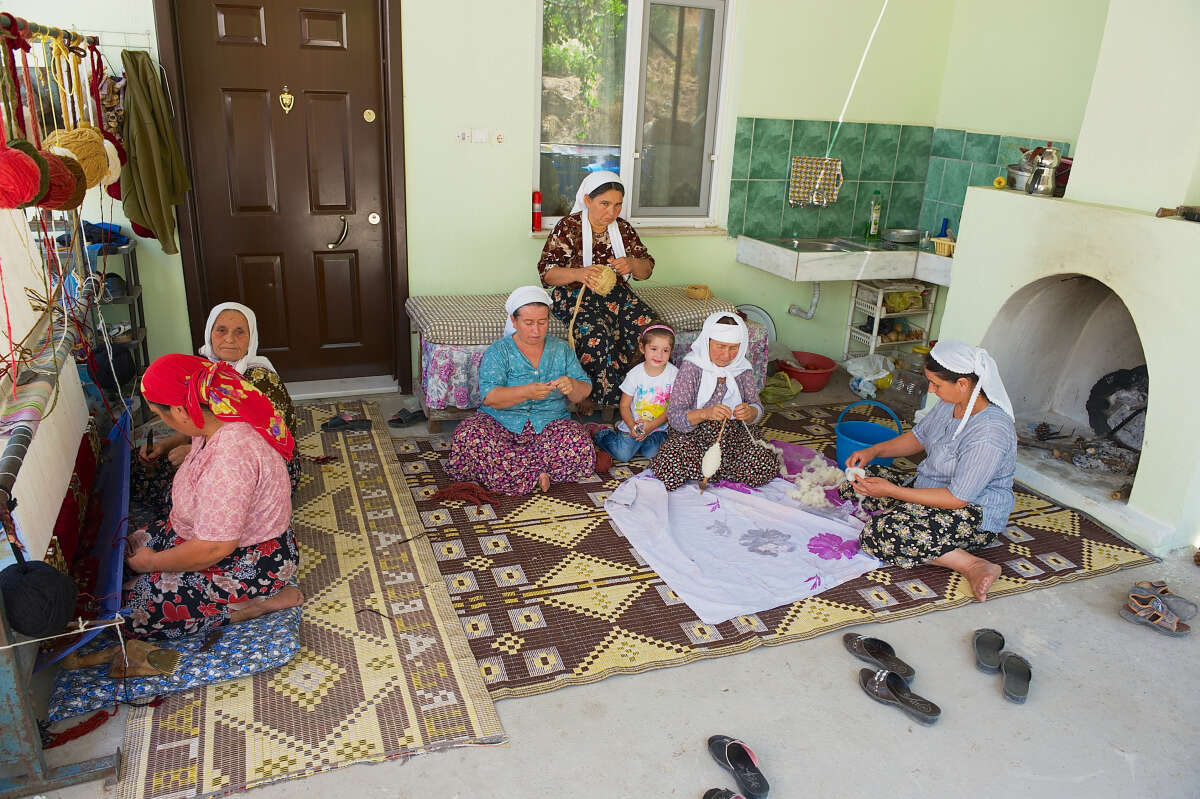
If you are visiting a friend in Turkey, always remember to remove your shoes before entering a home. The Turks like to keep their homes clean and tidy. Therefore it’s customary for a visitor to take off their footwear respectfully. They normally have slippers for use around the house and will often have a spare pair for guests. If you have been invited by the homeowner, which can be quite often, it is traditional to bring a small gift, food or flowers, but not alcohol.
Body language in Turkey has its own set of meanings. Clicking tongues and raising eyebrows at the same time as lifting the chin can all indicate a No. Further, a shaking head can mean “I don’t understand” and not a mere No. Without adding any more confusion, a shape, single nod with an oblique slant is a Yes, thank God for that!
The Turkish people are warm and welcoming, so if you are lucky to be invited for a meal at someone’s home, it’s good to know a few customs to get you started. If you are unsure, then ask your host, the Turks love to talk.
England, the land of the free and the polite
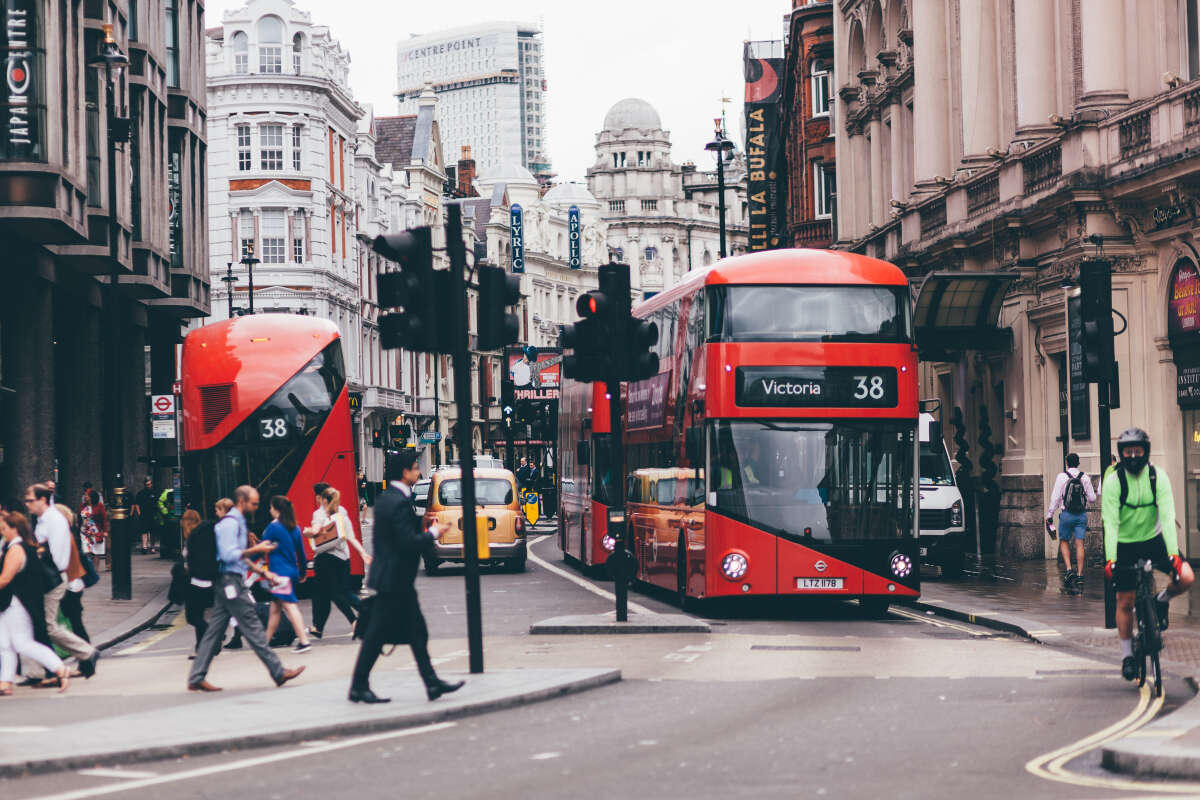
England, now where do we start with local etiquette? Let me just say this; the English are polite. With that in mind, if you are polite too, which most tourists usually are, then you should be safe. There is, however, an exception to this rule, the English understand the formality of forming an orderly queue and get a little annoyed at any queue jumping. They will be too polite to say anything, nevertheless will let you know something is wrong from the hard stare. The advice is, if you see a queue in England, simply ask someone what it is for and then join the end of it or come back later.
England is a very diverse nation. In London, there are many cultures already represented so sticking to a single set of rules which would generally apply to a single country can be difficult. You may find non-English speaking people surround you at times, and therefore it is better to observe and blend in. Most Brits can be spotted easily if you literally bump into them, you’ll know because they will be the ones who say sorry whether it was their fault or not. I did say the Brits were polite.
Be well-organised in Germany
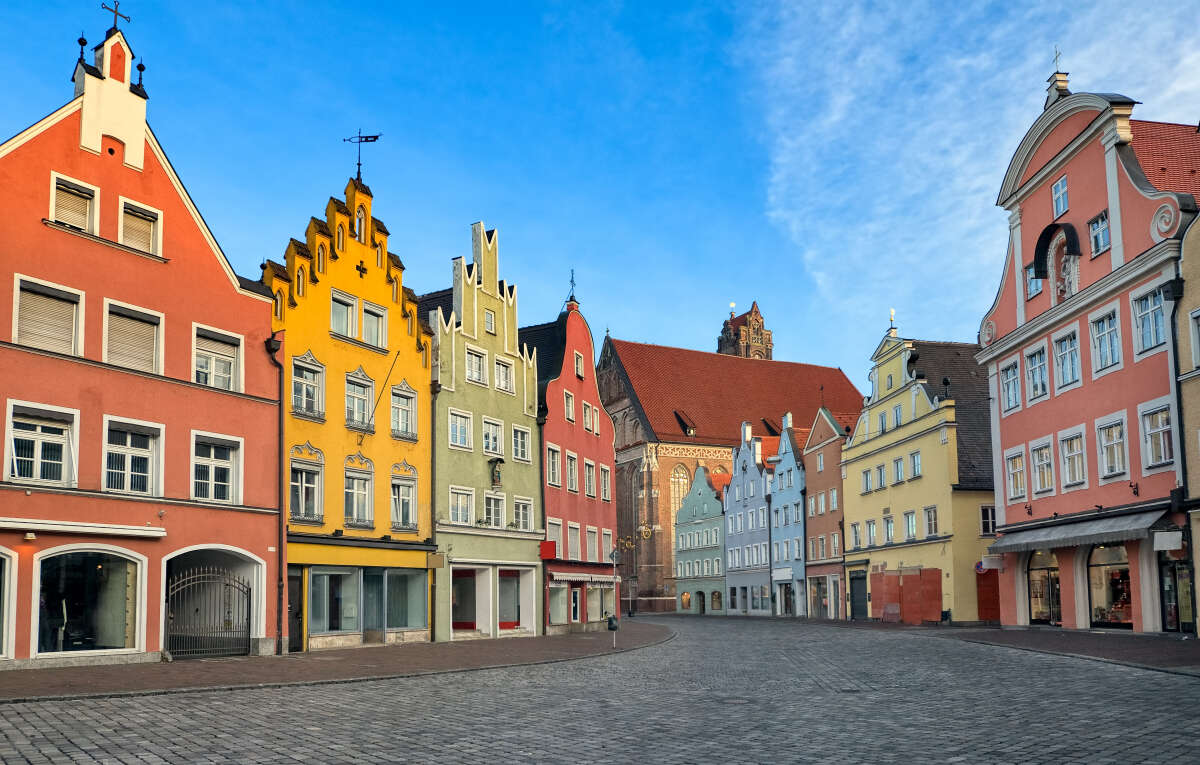
In Germany, everywhere is closed on Sunday. Not restaurants and bars though. That would be unusual. The Germans have particular rules on a great many subjects and can be strict on what you can and cannot do on Sundays. Noise is a consideration, particularly mowing of lawns or other noisy activities. Being loud and obnoxious in public will also single you out.
Carry cash. In spite of being a modern country, most small shops and restaurants do not take payment by card. So, make sure you have enough Euros at any one time to see you through.
Never jaywalk, there is a monetary fine if you get caught, but the wrath of any parent with a child watching you break this law is even worse. By way of example, you may get a deserved tongue lashing from the said parent just as a deterrent for their own children’s benefit. Road crossings are everywhere, and it is no excuse just to cross without the little green man flashing at the lights.
Germans will say what is on their minds. With a simple language structure, they don’t have an extensive vocabulary such as English, to do little else. Very efficient though. I do like the way this nation interacts; they’re not rude, they’re German.
A little local lingo makes all the difference
It is always good to learn the basics of a language of the country you are visiting. If you try even just a little, then you will find people will be more inclined to help in return. Some, however, might refuse to help if you have not put in what they deem as a little effort. Most service staff in bars, restaurants and tourist-based shops will usually be more susceptible. Know how to greet someone, a simple hello in any language is polite, as is a please and thank you. This will always send the right message that you are willing to do your bit to interact using the local native tongue. Always practice your words and phrases to make sure you have them right, many words can sound the same and be a little embarrassing if said wrong and can be misinterpreted.
Always be welcomed with a humble hello
Focusing on the right greetings for a moment, the French like to be greeted with “Bonjour”, and this can even be to a stranger in the street. It is the polite thing to do. Not so much in large cities like Paris though. Once when I was in a waiting room of a medical clinic waiting to give blood, every person that came in said “hello” to everyone in turn. To me, it was most strange as I would not have experienced this in my own country. No one felt the need to carry on a conversation past the initial Bonjour, yet all seemed happy having had a little personal interaction.
Interact with people as you would like to be greeted yourself. A simple hello goes a long way no matter what country you visit.
Never be late for shopping
Shopping, opening times, most southern European countries have shops closed around midday and into the late afternoon, so it is wise to learn when this might be. Some essential outlets such as pharmacies can be found with their doors still open, however, don’t always rely on what you expect in your home country.
Learn the art of enjoying coffee while people watching
Café culture. Do not assume you will see a Starbucks or other mainstream coffee house companies in most European holiday destinations. On the plus side, a Cappuccino in Italy is less than a Euro and a half, and an espresso is less than a Euro. The downside is they aren’t big, no extra-large Venti here.
What you will get in most Mediterranean countries is good coffee, small yes, but, filled with flavour and a chance to soak up the atmosphere. Most are served with a little biscuit next to your sugar; this is all that is required. No need for an organic pumpkin seed seasoning additive to spice up your brew, coffee is coffee, and it is good without any extras. Don’t make the mistake of asking for a coffee to go or a decaf beverage, well unless you enjoy people laughing at you to your face!
If you’re sitting in a street-side café, town square or a lively plaza watching the world go by it is a great way to relax and enjoy time with friends and family. You may not have the luxury of time when you are at home, but make sure you take part when you are on holiday travelling to different countries. It’s worth it just for added benefit and the wonderful art of people watching.
When experiencing another culture, other than your own, no matter how slight the difference, it can be a little overwhelming to some. It is easy to reject the variations to the norm when they do not fit your own or cultural understandings. When this happens, it is best to respect those dissimilarities for what they are. Usually, these apparent oddities have been around for a long time and are not made up just annoy the tourist.
Watch the locals and see how they act with one another is a safe idea - good old fashion people watching. You might be amazed at what you learn.

 Русский
Русский
 Deutsch
Deutsch
 Українська
Українська
 Español
Español
 Italiano
Italiano
 Français
Français
 Polski
Polski
 Čeština
Čeština
 Қазақ
Қазақ
